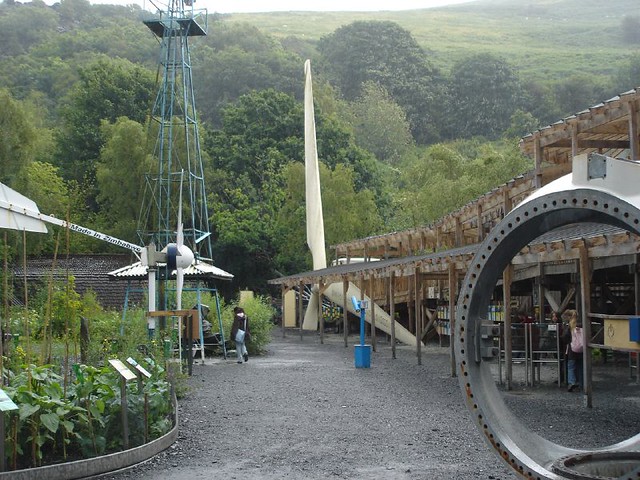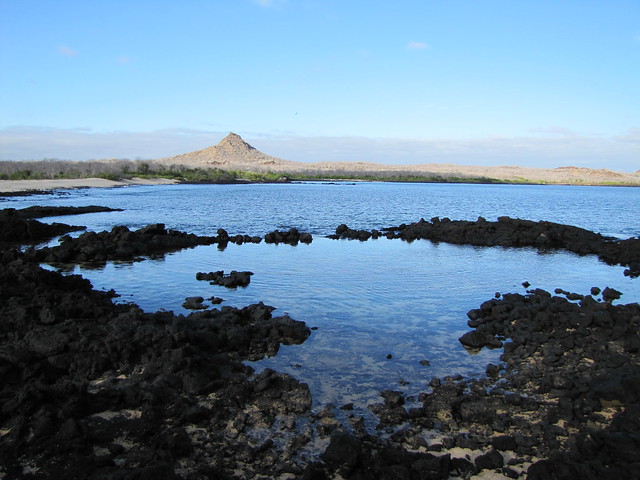For most of us, going on holiday is a time for luxury, extravagance, and spoiling ourselves rotten. Many of us get home and worry about the impact our holidays have made on the environment and the local population, and often we feel lazy or sluggish after such luxurious trips. Low-environmental-impact holidays are fast becoming popular and it’s easy to take them whether on a budget or if you’re splashing out.
Budget: Centre for Alternative Technology, Wales

photo by Samuel Mann
The Centre for Alternative Technology (CAT) is an innovative community in Machynlleth, North Wales, dedicated to sustainable living and education. You can try your hand as a farm hand for a season, or stay in one of their self-catering eco-cabins for a week. Here, your hot water is provided by solar panels, your heating by a wood burner and your electricity by a myriad of renewable power supplies. The surrounding area is perfect for taking walks and enjoying country life, or you can join and lend a hand with running the CAT to get more insight into the eco lifestyle. You can even arrive by train or bus to minimise your carbon footprint.
Mid-range: Italian Agrituristica

photo by lensmate
Across Italy, there is an emerging trend for farms to open their doors to visitors, and to offer a back-to-basics holiday. You are of course free to explore the stunning countryside to your heart’s content, but you can also get involved with the farm life, feeding and caring for the animals. The way of life here is to live off the land, so your impact will be minimal, and many places even let you learn to cook authentic Italian food into the bargain. Getting there, as always, will be the most carbon-heavy part of the process but if you’d rather not fly you can take the scenic route on the trains. The final part of the journey, however, will probably have to be made by car as these are rural communities with minimal transport links.
Splurge: Galapagos Islands

photo by David Berkowitz
Many of the world’s prettiest destinations are also jumping on the eco bandwagon, and in many cases it’s in an effort to protect what they have for future generations after years of relentless overtourism. The Galapagos Islands are a perfect example, with its unique flora and fauna, they have been a UNESCO World Heritage site for over 30 years. Research is the key here, you want to make sure that you go on an eco tour with a reputable company, so check out their credentials with previous customers. When there, listen carefully to your guide who will advise you how to live and enjoy with minimal impact. Of course, with such a far-flung destination most of us will have to fly there, but offsetting your carbon emissions and taking next year’s holiday at home are great ways to ease the burden.
top photo credit 04denvi